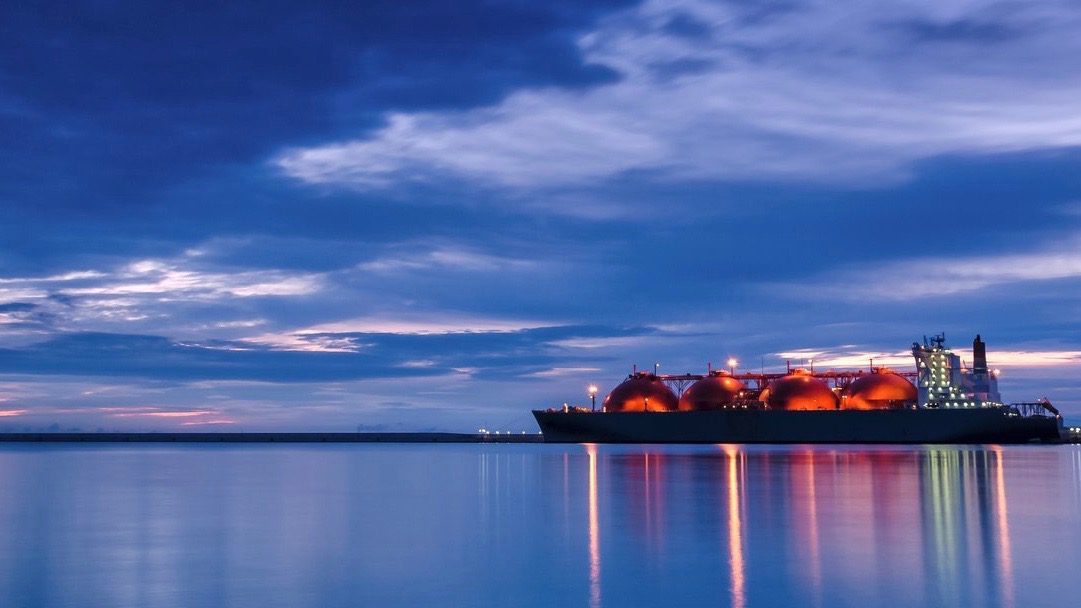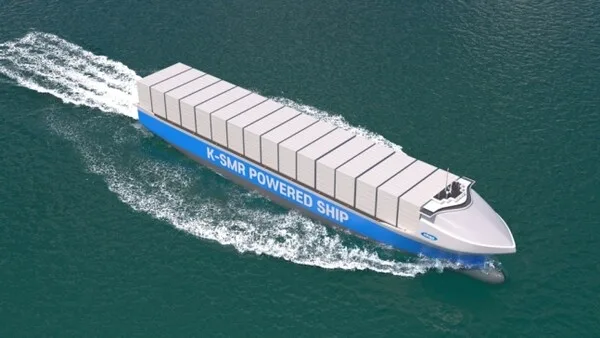19 April 2024
EEXI / CII & Energy Saving Devices – Posidonia 2022 Seminar

This year’s Posidonia 2022 Exhibition event recently took place, bringing together the shipping industry professionals from across the globe after 4 years of waiting. MAST Maritime Services, organized and offered the opportunity to attend the seminar: Get in line with the industry’s decarbonization plan. Hence, along with Lloyd’s Register, Rightship and CMES-Tech they enlightened the paths to a more sustainable future according to the new measures (EEXI, CII).
Concept
Decarbonization of the world fleet is one of the biggest challenges today. Therefore, EEXI and CII have been set to drastically minimize the carbon footprint.
It is not incorrect that the new measures will influence the technical and therefore the operational profile of the vessels. Having said this, we can’t ignore the fact that, Shipowners are bouncing from one solution to another without a stable plan.
In this regard and in order to address the matter, the seminar incorporated speakers from; a Classification society, a 3rd party Maritime Organisation and an Energy Saving Technology developing company.
How is the world fleet today?
The Lloyd’s Register representative, having access to a significant number of vessels, was called to advise on the energy efficiency status of the world fleet so far.
Theo Kourmpelis is currently working as a Business Development Manager for Key Accounts in LR. He is also actively involved with Regulatory matters and Sustainability being also part of LR’s sustainability committee. Prior to his current role, he worked as an electrical surveyor in LR’s Technical Support Office. Also as a project manager for alternative fuels projects.
“The actual answer is ugly. Post 2026 we will see a number of vessels with really poor ratings that radically need to change. On the dry bulk side things are better and there is significant improvement. That’s because the operators have been focusing on reducing fuel consumption due to the bad market during the last decade. However, the other sectors require big changes.
Theo Kourmpelis, Business Development Manager for Key Accounts, Lloyd’s Register
We also expect to see poor ratings in large bulk carriers (180K-210K). A special category that is not favoured by the requlations are the Ultramax.”
Compliance & Flexibility of new measures
Considering the current status, Mr. Kourmpelis provided the Class point of view on whether the shipping industry will overcome the new measures easily.
“The shipping industry has a survivor’s instict. Shipping has evolved and has all the capabilities to overcome this. The question is very simple.
Theo Kourmpelis, Business Development Manager for Key Accounts, Lloyd’s Register
Can we live without shipping? I think not. It is the most efficient way of transport.
An A318 jet on a transatlantic trip has half the CO2 emmissions that a handymax has for a year.”
Following the matter, the Rightship representative advised on the new measures and commented on Kourmpelis’ speech.
Andrew Roberts is responsible for leading RightShip’s business across Europe, the Middle East, and Africa. Andrew also represents RightShip for a number of industry relationships and Forums including the Global Maritime Forum, International Chamber of Shipping, UK Chamber of Shipping, and Sustainable Shipping Initiative (SSI).
“The shipping industry will absolutely capable to overcome the new measures. It is a resilient and one that is able to unite. Regulation is lined up with a horizon of 2050. But actually the urgency is much sooner than that. We are in some serious trouble. Therefore, I think there is not, nor going to be any flexibility on regulations.”
Andrew Roberts, Head of EMEA, Rightship
EEXI & CII not in tune
Despite the fact that EEXI addresses the technical aspect of a vessel and CII the operational, the two measures are working opposite. Mr. Roberts noted that limiting the engine power of the vessel to comply with EEXI, will reduce the CII rating since the vessel can travel less distance.
“EEXI will potentially differentiate the speed of the vessels, which is counter-intuitive to the requirements of CII. Therefore, Energy Saving Devices are a suggested improvement to satisfy both measures.”
Andrew Roberts, Head of EMEA, Rightship

Energy Saving Technologies as a Solution
Considering the installation of various energy-saving technologies to meet the new measures, a hydrodynamic and energy solution provider advised on such modifications.
Dr. Huang Guofu is the General Manager of CMES-Tech and a research professor at China Ship Scientific Research Center (CSSRC). Dr. Huang is responsible for the R&D of energy-saving technologies and products for green ships. While holding this position, he led the team to carry out systematic research and developed patented energy-saving devices (ESD) while also various pioneer technologies.
Taking into account the vessel overload in shipyards globally and the need for energy efficiency assistance, the challenge of ESDs as a solution is time.
“The most significant challenge is time. As we know the world fleet status is not good and many vessels are installing ESDs while even more planning to do the same. Therefore, it is a challenge to retrofit all vessels in such short time.”
Dr. Huang Guofu, General Manager, CMES-Tech
The ultimate goal of installing ESDs is to get a better EEXI approved. Thus, shipowners are seeking for performance guarantee when evaluating the available options. Professor Huang advised accordingly on the procedures that their institute follows to achieve EEXI certification. Moreover, he included that there is an average payback period of one year based on his experience.
“First of all we carry out CFD calculation and simulation for the best design of the specific vessel thus, all ESDs are taylor made. Then we proceed to deep towing tank model tests with and without ESDs. Additionally, we have a very rich application list of more than 1000 vessels that transmit operational feedback.”
Dr. Huang Guofu, General Manager, CMES-Tech
Hidden Benefits
Moreover, he included that there is an average payback period of one year based on their experience. Mr. Kourmpelis commented on this.
“Every ton of CO2 that you will save, will matter not only in terms of compliance but also in your pocket. Not only referring to IMO regulations but EU ETS and this will be here soon. It may delay for a year but you will have to submit EUA allowances. Every percentage of energy saving counts and will affect the vessel profile.”
Theo Kourmpelis, Business Development Manager for Key Accounts, Lloyd’s Register
Need for Suitable Measures
The new regulations are troubling the shipowners since are not stable and in tune with each other. Particularly, the operational measure CII is driven to meet regulatory requirements, not market and commercial needs. Hence, there are issues arising between operators and charterers. EEXI is forcing the vessel to limit the power but the CII rating will decrease and therefore affect the chartering profile. As a solution now, ESDs can provide benefits and address all measures while also assisting in carbon tax accounts.
One thing is for sure, we need to act immediately.


